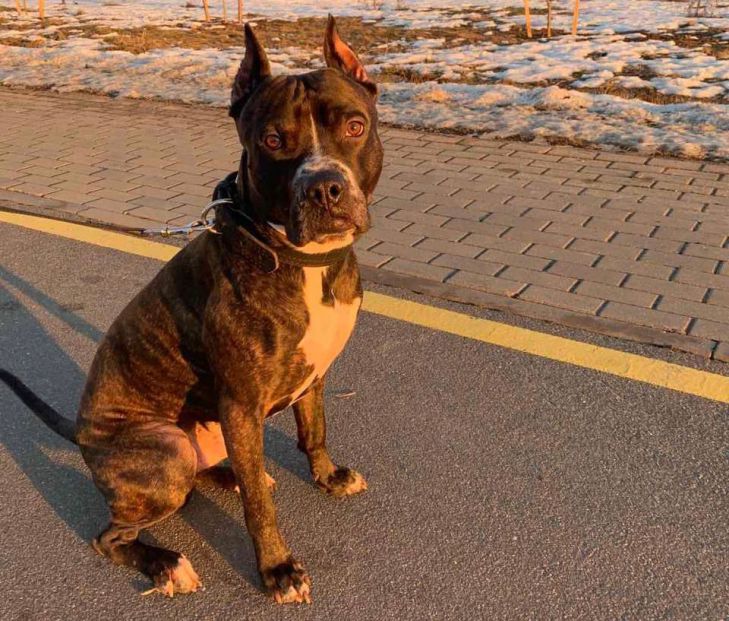Your dog suddenly growled at your neighbor who always smiles. Or became wary at the sight of a stranger, although he did not even come close.
You think, "Maybe she was wrong?" But after a while you find out that this person really was mean.
How do dogs recognize bad people? It's not magic, but a complex combination of instincts and hypersensitivity.

Dogs read body language better than any psychologist. They notice micro-movements: nervous twitching of the lips, too-fast gesticulation, a stiff gait.
If a person is internally tense, his muscles contract involuntarily and his breathing becomes shallow. For a dog, this is a signal: "He is afraid or angry. That means he is dangerous."
They also pay attention to the direction of the gaze. A close, eye-to-eye gaze is perceived as a threat.
If a stranger avoids eye contact, this is also suspicious - this is how thieves or aggressors behave.
But the main tool is the sense of smell. Dogs detect the scent of adrenaline and cortisol, the hormones of stress and aggression.
When a person is planning something bad, their body releases these substances through sweat and breath. The pet can sense them even from several meters away.
Interestingly, the reaction depends on experience: dogs that have experienced cruelty are more likely to show aggression towards "bad" people. Those who grew up in love may simply step aside or start barking.
There is also a social aspect. Dogs read your emotions. If you tense up internally when you see a person, your pet will notice this by the change in your posture, heartbeat, even smell.
He will decide that he needs to protect you and will go into alarm mode.
Some dogs are able to remember "bad" scenarios. For example, if a burglar came into your house one day, your dog may react with caution to people wearing similar clothes or speaking in a similar manner.
But it's not all that simple. Sometimes dogs make mistakes - they mistake sharp gestures or loud laughter for a threat. It's important to teach them to distinguish real danger from everyday situations.
However, if your pet stubbornly distrusts someone, take a closer look. Their nose and instincts have evolved over millennia to protect the pack. And they rarely lie.
